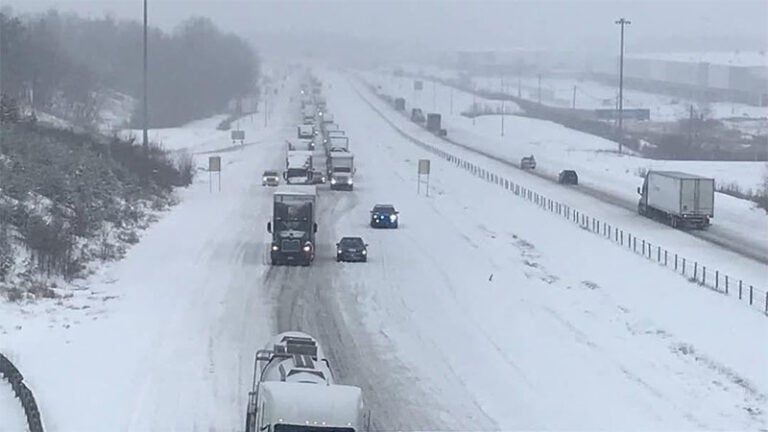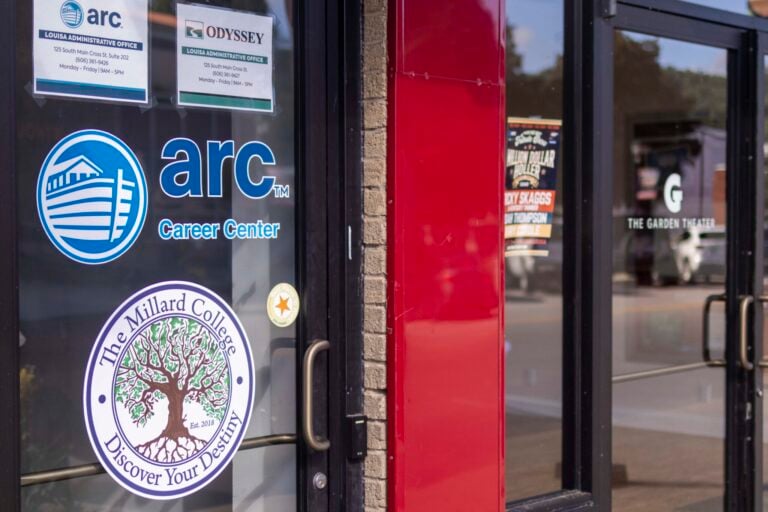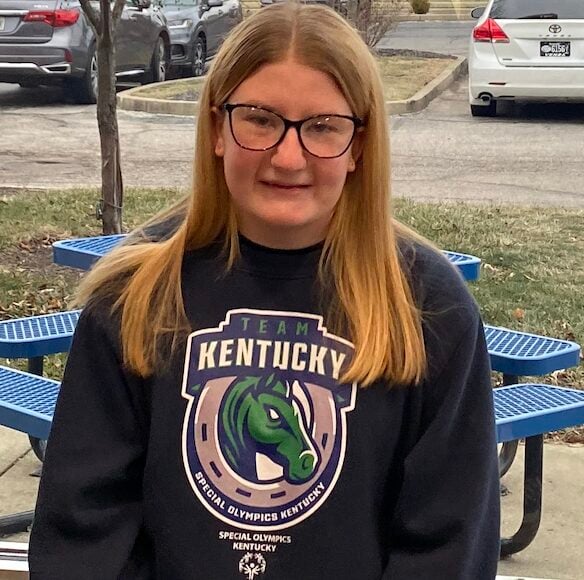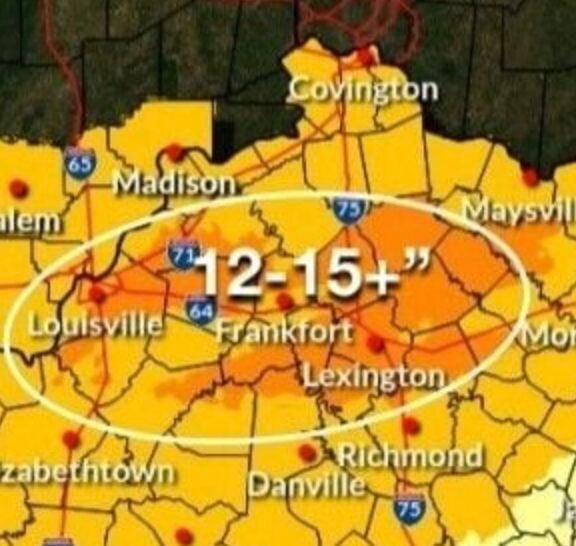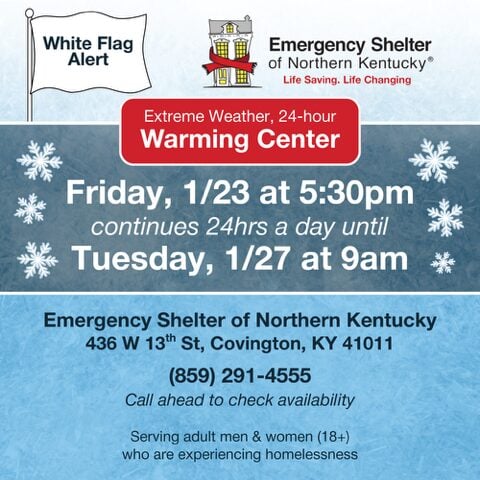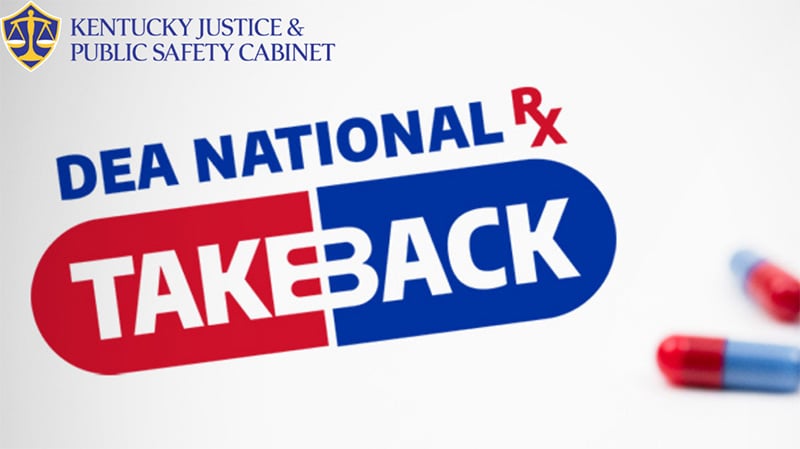By Tom Latek
Kentucky Today
The Drug Enforcement Administration (DEA) has announced that Saturday, October 25, will be its 29th National Prescription Drug Take Back Day, when DEA and its partners will collect tablets, capsules, patches, and other solid forms of prescription drugs.
For more than a decade, DEA’s National Prescription Drug Take Back Day, which takes place once in the spring and once in the fall, has helped Americans easily rid their homes of unneeded medications, those that are old, unwanted, or expired, that too often become a gateway to addiction.
The event will take place from 10 a.m. to 2 p.m., local time, at police stations, health departments, and pharmacies, among others; giving you have plenty of time to gather up those expired or otherwise unused prescription drugs, to take to a local collection center.
On Saturday, they will collect tablets, capsules, patches, and other solid forms of prescription drugs. Liquids (including intravenous solutions), syringes and other sharps, and illicit drugs will not be accepted.
Kroger Health, the healthcare division of The Kroger Co. and its family of pharmacies, with support from the Cardinal Health Foundation, will serve as a drop-off location at many of their pharmacy locations across Kentucky.
“We’re proud to play a part in making the safe choice the easy choice,” said Colleen Lindholz, president of Kroger Health. “National Prescription Drug Take Back Day gives our communities a convenient space to dispose of unused or expired drugs, promoting safer environments at home and aligning with Kroger Health’s vision to help people live healthier lives.”
Jessie Cannon, president of the Cardinal Health Foundation, added, “Cardinal Health is dedicated to fostering healthier communities in the areas where we live and work. Our support of Kroger Health on National Prescription Drug Take Back Day offers a safe disposal option for unwanted medications and creates a crucial opportunity to educate individuals on medication safety, contributing to more equitable health outcomes.”
To find a collection center near you, go to www.dea.gov. There are more than 50 locations across Kentucky.







